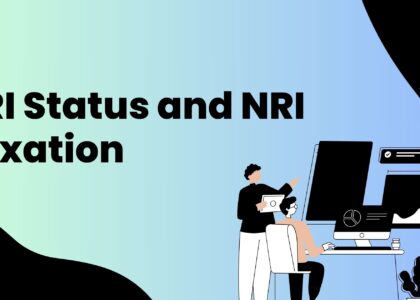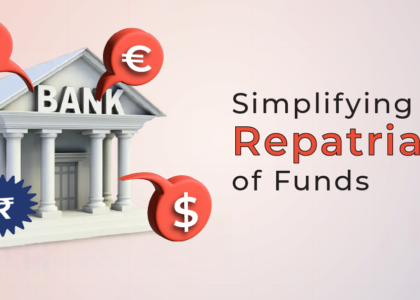Dear Readers,
I hope you are doing well.
In this article, I have given my views on the recent judgment by the Hon’ble Madras High Court in ACIT vs. Vetrivel Minerals (WA(MD) No. 119/2022, 30.04.2025) which has recently ruled that income tax authorities can rely on electronic records even without a certificate under Section 65B of the Evidence Act (now Section 63 of the Bharatiya Sakshya Adiniyam, 2023).
Hope you will find this article useful.
Warm regards,
Samir Mahajan
Madras High Court on Digital Evidence in Income Tax Proceedings – Key Implications for Taxpayers and Revenue Authorities
The digitalisation of business transactions and communications has transformed how financial records are maintained, stored, and retrieved. Lawmakers have kept pace, with statutes like the Information Technology Act, 2000 and the Bharatiya Sakshya Adiniyam, 2023 (BSA) expressly recognising electronic records as admissible evidence.
The Income Tax Bill, 2025 takes this evolution further by expanding the scope of search and seizure powers to include virtual digital spaces — encompassing cloud servers, encrypted networks, remote drives, social media accounts, and more. This enhancement ensures that no taxpayer’s digital footprint is beyond the reach of tax authorities.
Amid these changes, the recent Madras High Court judgement in ACIT vs. Vetrivel Minerals (WA(MD) No. 119/2022, dated 30 April 2025) has set a precedent with far-reaching consequences.
Background – Section 65B and the Certification Requirement
Traditionally, under Section 65B of the Indian Evidence Act, 1872 (now Section 63 of the BSA, 2023), an electronic record could only be admitted as secondary evidence if accompanied by a formal certificate from the person operating the device. This safeguard was designed to ensure authenticity and prevent tampering.
Supreme Court rulings like Anvar P.V. vs. P.K. Basheer and Arjun Panditrao Khotkar vs. Kailash Kushanrao Gorantyal reinforced the mandatory nature of this requirement.
The Madras High Court’s Ruling
In Vetrivel Minerals, the Division Bench held:
- Certification Not Mandatory in Income Tax Proceedings – The Court ruled that income tax proceedings, being quasi-judicial in nature, are not bound by the strict procedural requirements of the Evidence Act.
- Tribunals Have Procedural Flexibility – Citing Amiya Bala Paul and South India Television, the Court observed that formal rules of evidence apply to courts, not to tribunals, which can regulate their own process.
- CBDT Manual Not Binding – While the CBDT’s Digital Evidence Investigation Manual recommends following Section 65B procedures, it does not have statutory force.
- Safeguard Through Challenge – The assessee can still question the genuineness of digital evidence through other legal avenues.
Why This Matters in the Era of the Income Tax Bill, 2025
With the upcoming Bill granting tax authorities greater access to encrypted and cloud-based data, the absence of a mandatory certification requirement could make it easier for the department to rely on digital evidence during assessments.
However, it also shifts the burden to taxpayers — they must actively dispute the authenticity of such evidence instead of relying solely on procedural non-compliance for its exclusion.
Looking Ahead
The Court did not specifically address how the stricter provisions of Section 63 of the BSA, 2023 — which requires not just the device operator’s certification but also an expert’s authentication — will interact with income tax proceedings under the new regime.
As digital forensics becomes central to tax enforcement, future litigation will likely explore this grey area — balancing effective tax administration against the taxpayer’s right to procedural fairness.





